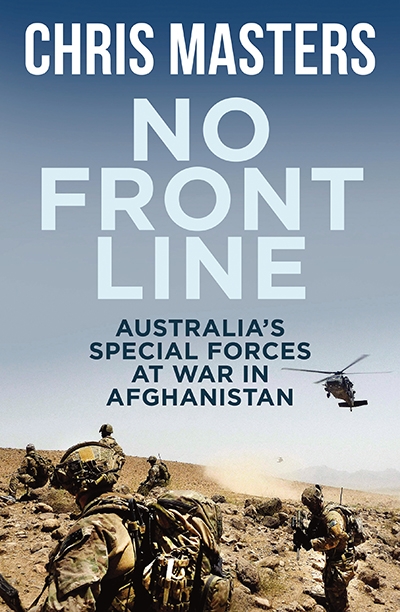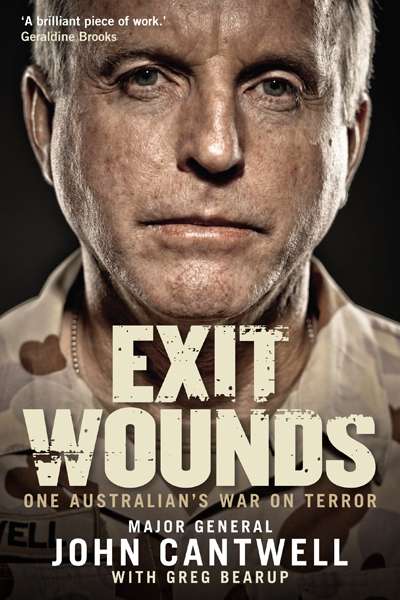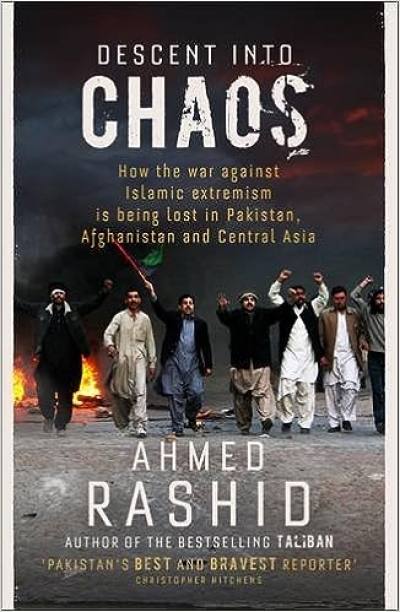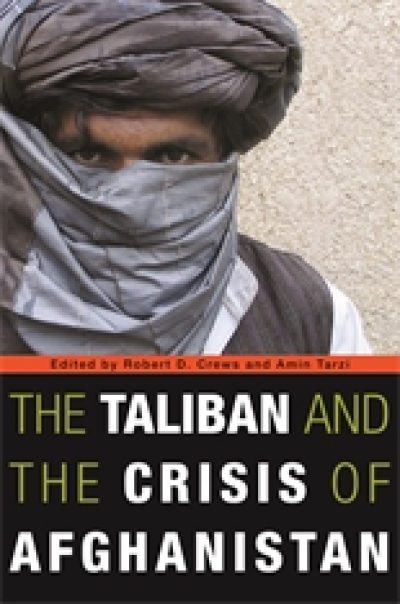Afghanistan
No Front Line: Australia’s special forces at war in Afghanistan by Chris Masters
by Kevin Foster •
Exit Wounds: One Australian’s War on Terror by John Cantwell with Greg Bearup
by Nick Hordern •
Descent into Chaos: How the war against Islamic extremism is being lost in Pakistan, Afghanistan and Central Asia by Ahmed Rashid
by Riaz Hassan •
The Taliban and the Crisis of Afghanistan by Robert D. Crews and Amin Tarzi (eds)
by Riaz Hassan •




